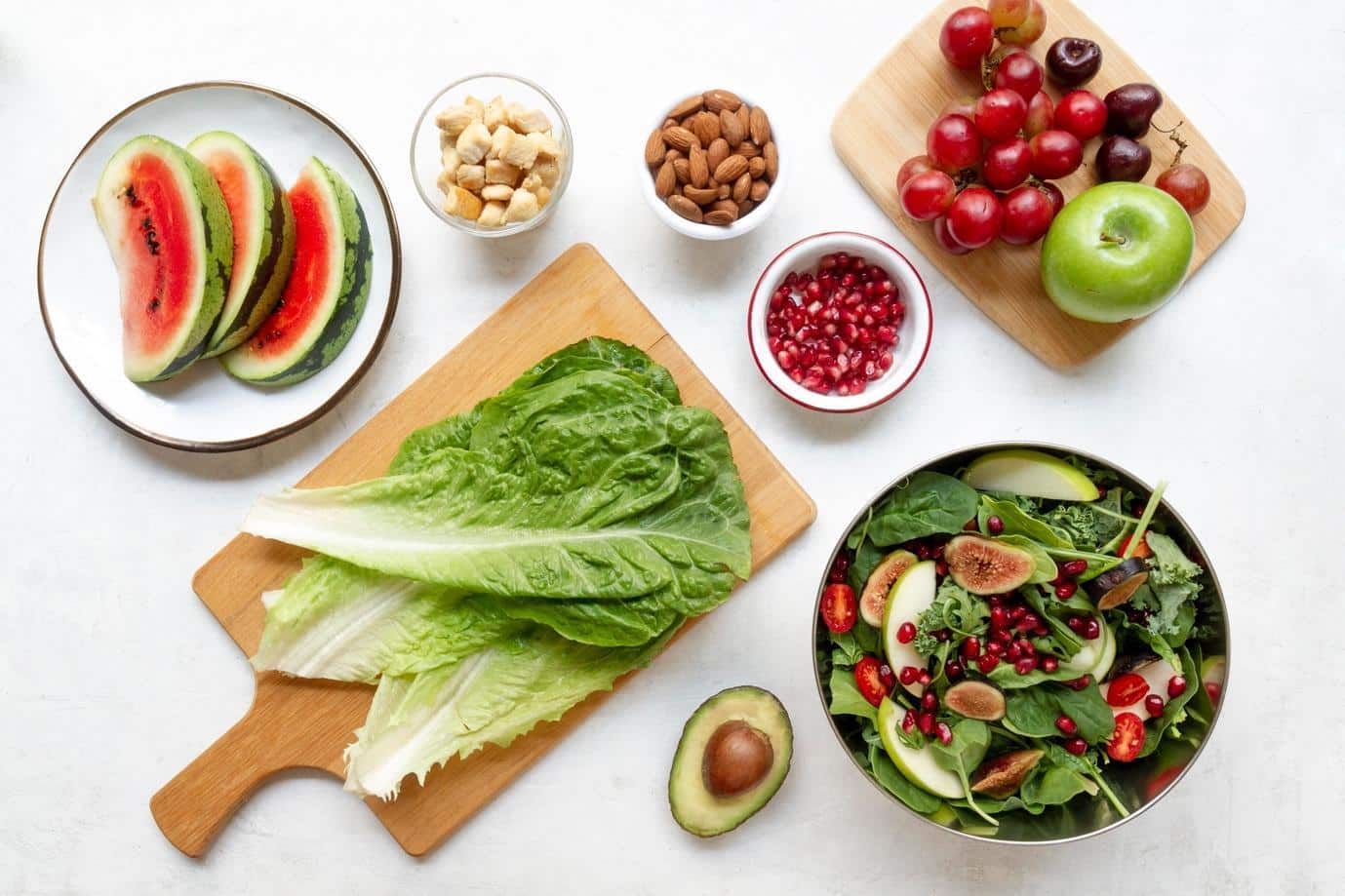In this article, we'll explore the importance of iron in the diet and provide valuable tips on how to get enough iron in a vegan diet if you're thinking of making a shopping list for vegans.
The importance of iron in the diet
Iron plays a vital role in our bodies. It is responsible for the transport of oxygen and the formation of red blood cells, as well as being essential for the proper functioning of the immune system.
Iron deficiency can lead to health problems such as anaemia, fatigue, weakness and a compromised immune system. It is therefore essential to ensure adequate iron intake in the diet, especially in a vegan diet, where foods of animal origin, which are naturally rich in organic iron, are not present.
How do I get iron on a vegan diet?
Fortunately, there are several options for getting enough iron on a vegan diet. Here are some important tips:
Iron-rich plant foods
There are many plant foods that are naturally rich in iron. These include pulses such as beans, lentils and chickpeas, fortified cereals, tofu, pumpkin seeds, spinach, kale and dried fruits such as apricots and sultanas. Including a variety of these foods in your daily diet can help increase your iron intake.
Strategic food combinations
As well as consuming iron-rich foods, it's important to combine these foods with sources of vitamin C to increase iron absorption. Vitamin C can be found in citrus fruits such as oranges and kiwis, as well as vegetables such as peppers and broccoli. In addition to the citrus fruits mentioned, other vitamin C-rich options include strawberries, pineapples, melons and grapefruit.
For a balanced intake of iron and vitamin C, also consider foods such as lentils, beans, nuts and seeds. These options can be added to salads, soups or main dishes to increase the amount of iron and vitamin C in your daily diet. Eating a spinach salad with orange slices, for example, is a tasty way to combine iron and vitamin C.
Watch out for iron absorption inhibitors
Some foods and drinks can hinder iron absorption. Tea, for example, contains tannins that can reduce iron absorption. It is therefore advisable to avoid drinking tea near meals. In addition, the phytic acid found in wholegrain cereals and pulses can interfere with iron absorption. To reduce the effect of these inhibitors, you can soak pulses before cooking or ferment foods such as bread and vegetable yoghurt.
Iron supplementation
In some cases, it may be necessary to take iron supplements to ensure adequate iron intake. Consulting a health professional, such as a doctor or nutritionist, is important to determine whether supplementation is necessary and the appropriate dosage. It is essential to choose iron supplements of plant origin, such as iron ketate, as they are more easily absorbed by the body.
Cooking with cast iron pans
An interesting tip is to cook acidic foods such as tomatoes and tomato-based sauces in cast iron pans. During the cooking process, iron is released into the food, increasing iron intake naturally.
Getting enough iron on a vegan diet is possible with proper attention and planning. Consuming a variety of iron-rich foods, combining them with sources of vitamin C, avoiding absorption inhibitors and, if necessary, resorting to iron supplements are all effective strategies.
It's important to remember that each person has individual needs and that consulting a health professional is fundamental to ensuring a balanced and healthy diet.
With these tips, you can be sure that you're getting enough iron in your vegan diet, promoting your health and well-being in the long term.


